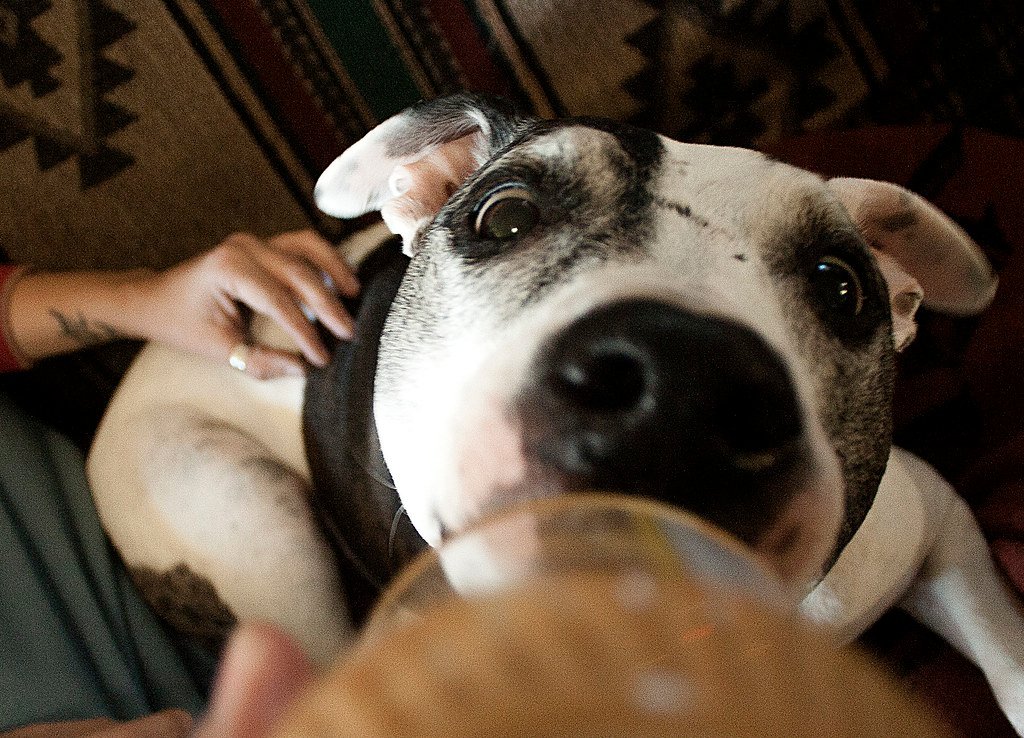When it comes to sharing snacks with your pup, it’s important to know what’s safe and what’s not. Dogs can enjoy tasty treats like carrots, blueberries, plain chicken, and even a bit of peanut butter (as long as it’s xylitol-free). These foods not only make tails wag but can also support your dog’s health. But beware—some human foods, like grapes, chocolate, onions, and anything with artificial sweeteners, can be downright dangerous. It’s easy to assume what’s good for us is okay for them, but dogs process foods differently. Knowing which foods to treat and which to avoid can make mealtime both safe and fun. So before you toss them a bite from your plate, it’s worth learning what’s truly dog-approved!
Chicken: A Lean Protein Powerhouse
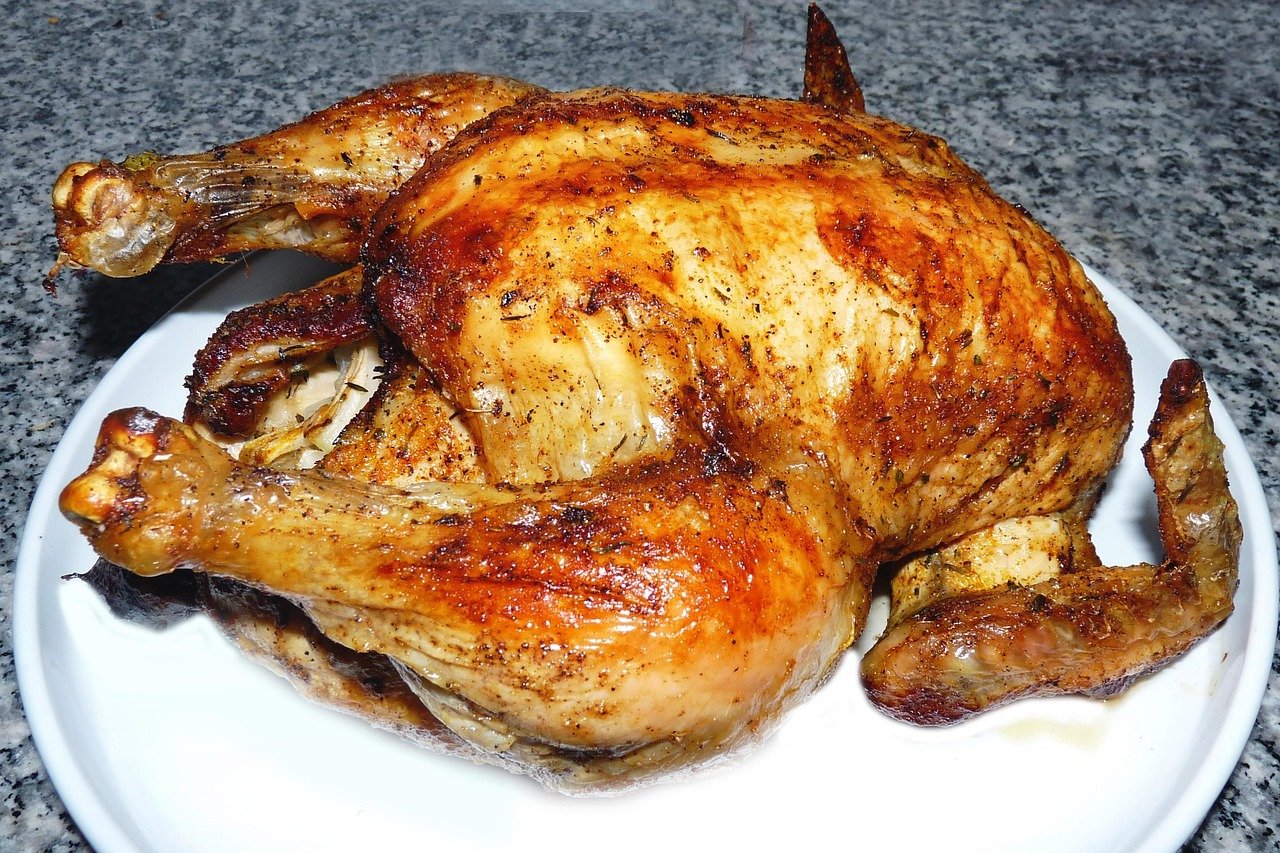
Chicken is a classic favorite among dogs, and for good reason. It’s lean, packed with protein, and easy to digest. Whether you serve it boiled, baked, or grilled (with no spices or bones), chicken offers a nutritious boost for your pup’s muscles and energy levels. Just make sure it’s plain and fully cooked—raw or undercooked chicken can harbor harmful bacteria. If your dog has a sensitive stomach, start with small portions and watch for any signs of allergies. Some owners even use shredded chicken as a topper to entice picky eaters. My own dog wags his tail in delight every time I bring out the chicken. Remember, skip the seasoning and always remove the bones to avoid choking hazards.
Carrots: Crunchy, Sweet, and Vitamin-Packed

Carrots are more than just a healthy snack for humans—they’re a low-calorie treat that most dogs love to crunch. Packed with beta-carotene, carrots help keep your dog’s eyesight sharp and their immune system strong. Plus, the crunchiness can help clean teeth and freshen breath, making carrots a smart choice for dental health. You can serve them raw, cooked, or even frozen for a refreshing summer snack. Many puppies enjoy gnawing on a chilled carrot, especially during teething. Just chop them into bite-sized pieces to prevent choking. If you’re looking for a guilt-free, sweet treat for your furry friend, carrots are a winner.
Peanut Butter: A Tasty Treat (With a Warning)
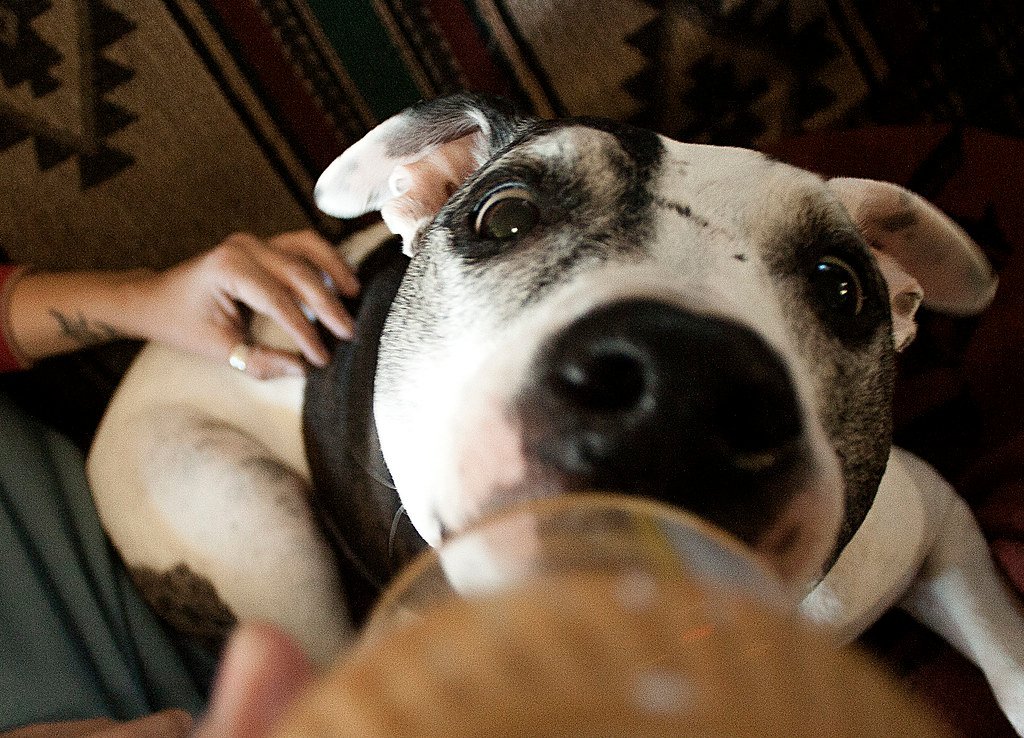
Peanut butter is a doggy delight—rich, creamy, and irresistibly tasty. It’s a great source of healthy fats and protein, and can be a lifesaver when hiding pills or filling treat toys. Most dogs go wild for a spoonful, but here’s the catch: always check the label to ensure it’s xylitol-free. Xylitol is a sugar substitute that’s extremely toxic to dogs, even in tiny amounts. Opt for natural, unsweetened peanut butter with no added salt or sugar. Moderation is key, as too much can lead to weight gain. I love watching my dog work for every last lick from a peanut butter-filled toy—it keeps him busy and happy for ages.
Blueberries: Tiny Superfoods for Dogs
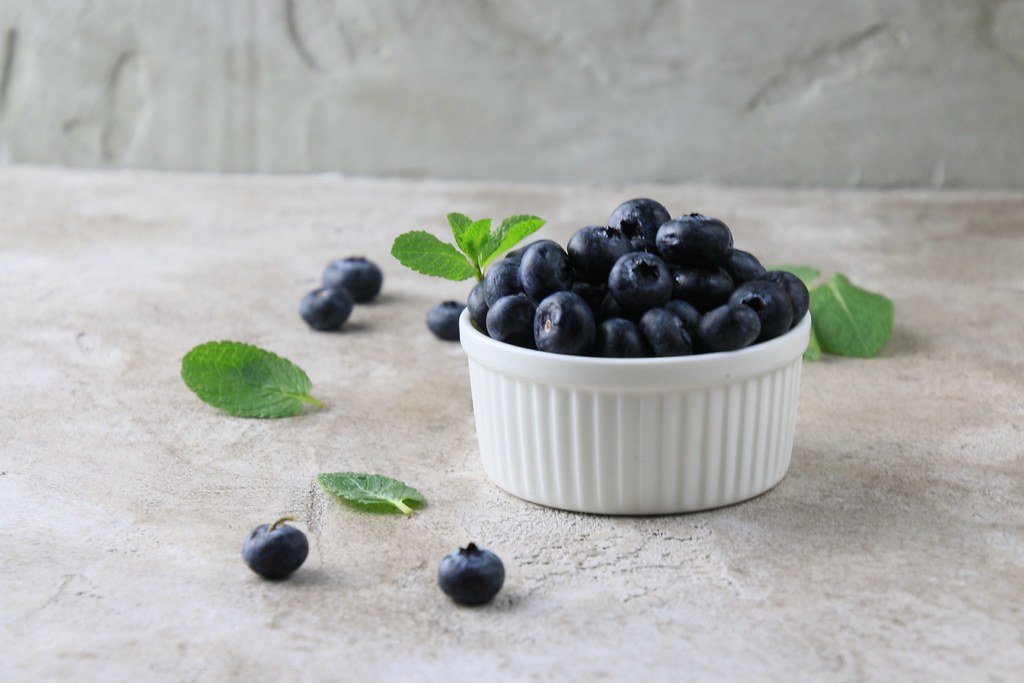
Blueberries are bursting with antioxidants, making them a “superfood” for both humans and canines. These little berries help fight cell damage, support brain health, and boost the immune system. Dogs love their juicy sweetness, and you can offer them fresh or frozen as a cool treat on a hot day. Blueberries are also low in calories, so you don’t have to worry about spoiling your dog’s waistline. They’re perfect for training treats—small, soft, and easy to carry in your pocket. Just be careful not to overdo it; too many berries might upset your dog’s stomach. If you’re looking for a fun, healthy snack, toss your dog a few blueberries and watch him light up.
Rice: Gentle on Sensitive Stomachs
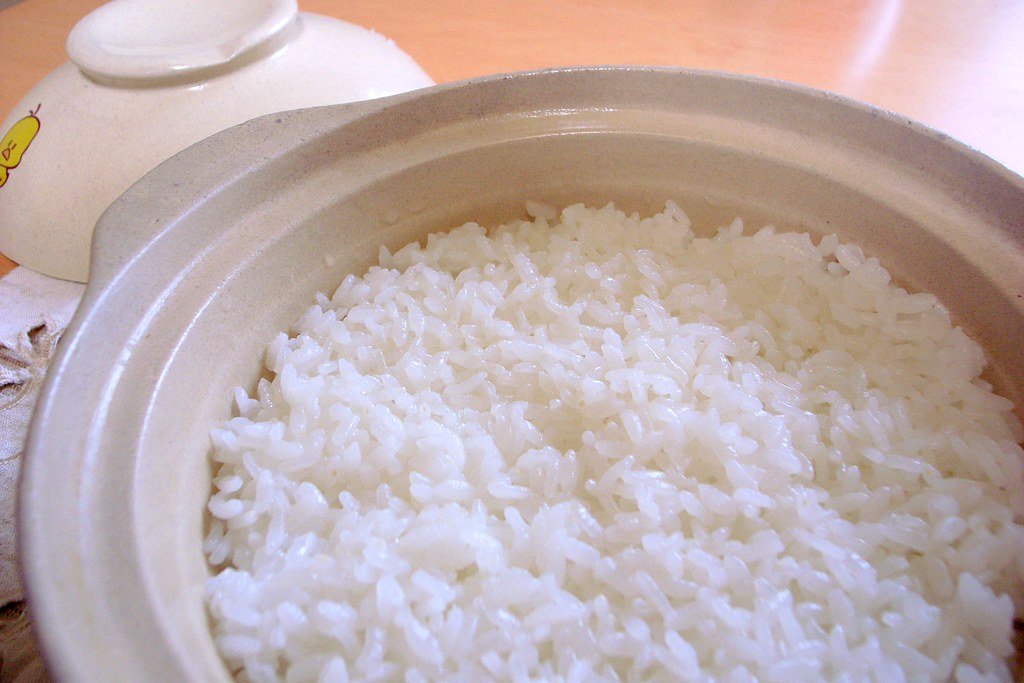
Rice is often the go-to food for dogs with upset tummies. It’s bland, easy to digest, and provides a quick source of energy. White rice is particularly useful for calming digestive upsets, while brown rice brings more fiber and nutrients to the table. You can mix cooked rice with lean meats like chicken or turkey for a wholesome meal. Whenever my dog feels under the weather, a bowl of plain rice usually does the trick. Just make sure it’s plain, with no butter, salt, or spices. While rice shouldn’t be the mainstay of your dog’s diet, it’s a helpful addition when you need something gentle and nourishing.
Green Beans: Low-Calorie Crunch for Healthy Weight
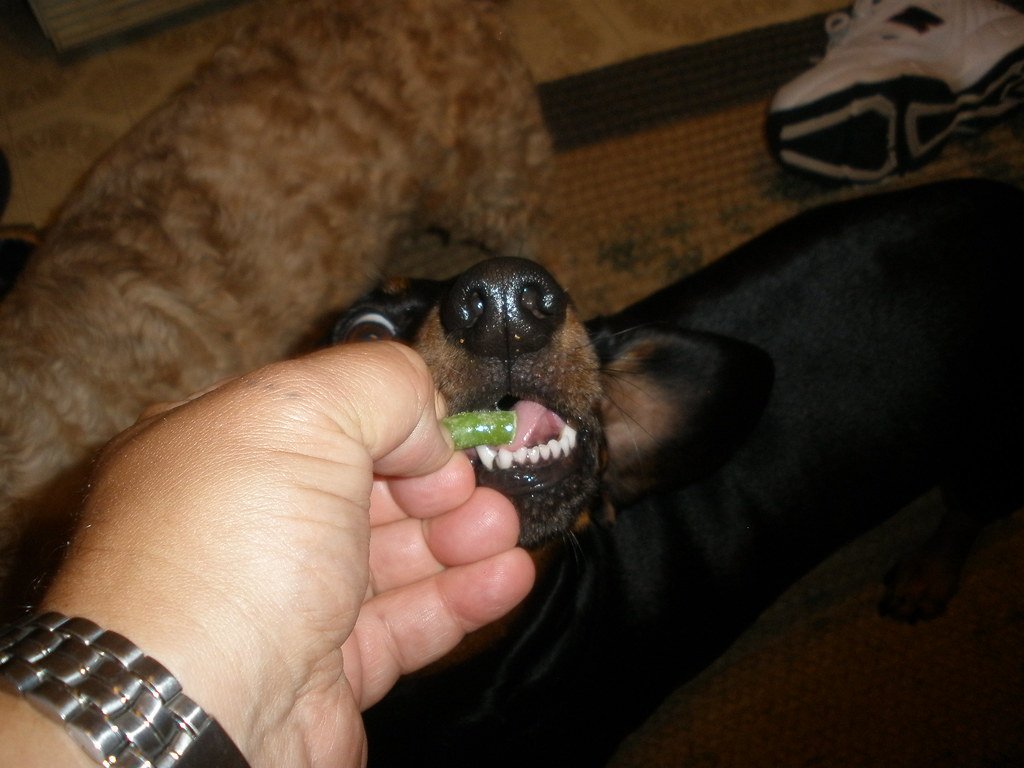
If your dog’s packing on a few extra pounds, green beans can help. They’re low in calories but high in fiber, helping your pup feel full without the guilt. Many vets actually recommend green beans as part of a weight loss plan. Serve them steamed or raw, cut into manageable pieces. Avoid canned green beans with added salt or seasonings. They’re also loaded with vitamins like C and K, plus important minerals for overall health. My dog loves munching on green beans as a crunchy alternative to commercial treats. They’re a simple, affordable way to add variety and nutrition to your dog’s bowl.
Pumpkin: Nature’s Digestive Aid
Pumpkin is a true wonder food for dogs, especially when it comes to digestive health. A spoonful of plain, canned pumpkin (not the pie filling!) can soothe constipation or diarrhea thanks to its high fiber content. It’s also rich in vitamins A, C, and E, which support eye health and immunity. Pumpkin’s mild, slightly sweet flavor appeals to most dogs, and it blends well with their regular food. If your dog is prone to stomach upsets, try mixing in a bit of pumpkin to help keep things moving smoothly. Just remember, moderation is important—a little goes a long way.
Apples: A Sweet, Crunchy Snack (But Mind the Seeds!)
Apples are a sweet, vitamin-rich snack that can add variety to your dog’s diet. They’re full of fiber and vitamin C, making them a refreshing treat for hot days. You can slice them for a crunchy snack, but always remove the core and seeds—apple seeds contain cyanide, which is dangerous for dogs. My dog loves apple slices as a reward during walks or training sessions. They’re also great for dental health, helping to scrub away plaque. Just stick to fresh apples and avoid anything with added sugar or artificial flavors.
Eggs: Protein-Packed and Easy to Prepare
Eggs are a simple, affordable protein source that most dogs find irresistible. Scrambled, boiled, or poached, eggs are full of essential amino acids and vitamins like B12 and D. They can help support muscle growth and coat health. Always cook eggs thoroughly to avoid the risk of salmonella. If your dog has a sensitive stomach, start with small amounts to see how he reacts. Eggs can be a lifesaver for picky eaters or dogs recovering from illness. Just avoid adding butter, salt, or spices, and serve them plain for the healthiest option.
Salmon: Omega-3s for a Shiny Coat
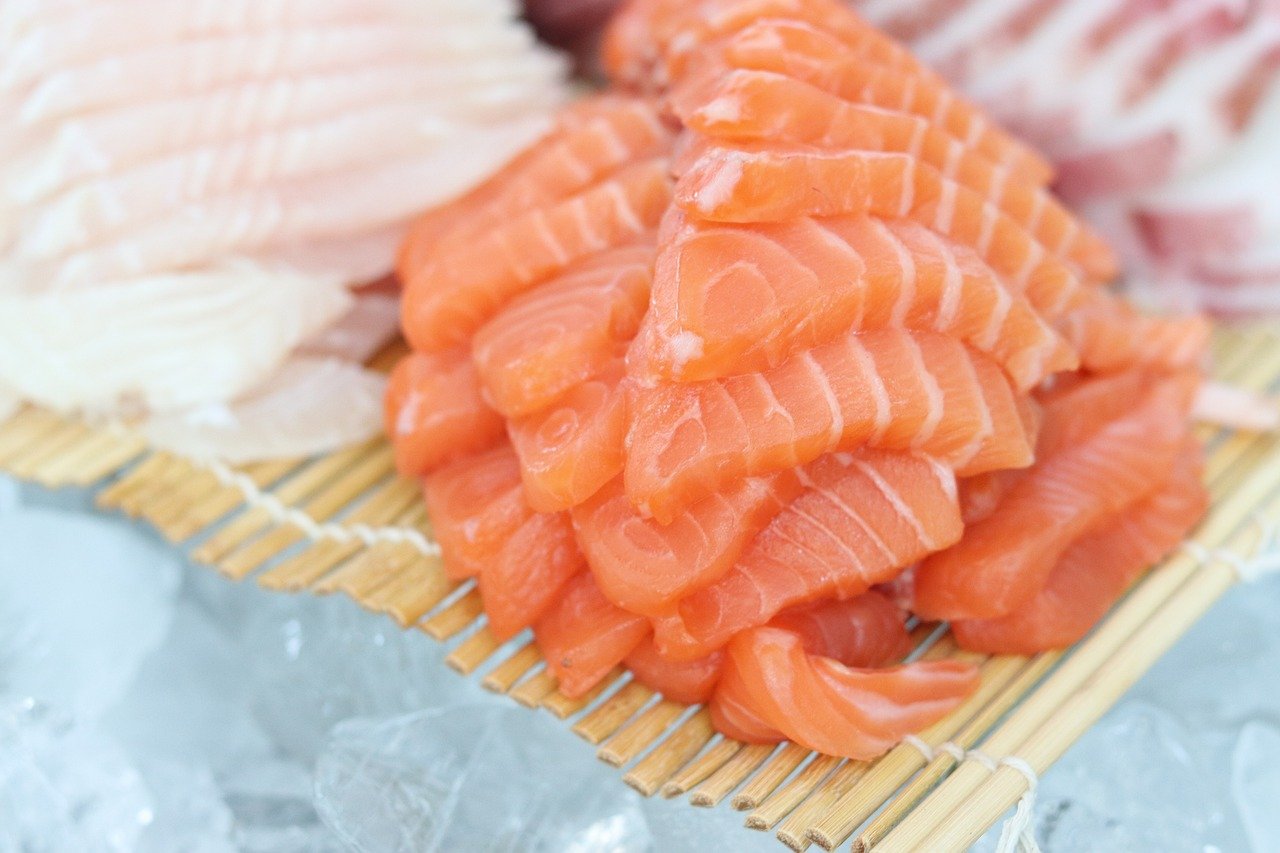
Salmon is packed with omega-3 fatty acids, which promote healthy skin, a shiny coat, and reduce inflammation. Cooked, boneless salmon is a wonderful treat for dogs, supporting heart health and boosting brain function. Avoid raw salmon, as it can carry parasites that are harmful to dogs. You can mix flaked salmon into your dog’s regular food or offer it as a special reward. My dog’s coat always looks glossier after a week of salmon meals. Just watch the portion size—fish should be an occasional treat, not a daily staple.
Chocolate: A Dangerous Temptation

Chocolate may be a guilty pleasure for humans, but it’s a serious hazard for dogs. It contains theobromine and caffeine, both of which are toxic to canines. Even small amounts can cause vomiting, diarrhea, seizures, or worse. The darker the chocolate, the more dangerous it is. Never leave chocolate unattended where curious noses can reach. I’ll never forget the panic when my dog snatched a chocolate bar off the counter—the emergency trip to the vet was a scary wake-up call. If your dog ingests chocolate, contact your vet immediately.
Grapes and Raisins: Tiny Fruits, Huge Risk
It might be surprising, but grapes and raisins are extremely toxic to dogs. Even a small amount can cause sudden kidney failure, which can be fatal. The reason behind this toxicity isn’t fully understood, but the risk is very real. Symptoms can include vomiting, lethargy, and loss of appetite. Never feed your dog grapes, raisins, or foods containing them, like trail mixes or baked goods. It’s heartbreaking to think such harmless-looking snacks can be so dangerous. Always double-check your food before sharing with your furry friend.
Onions and Garlic: Everyday Foods with Hidden Dangers
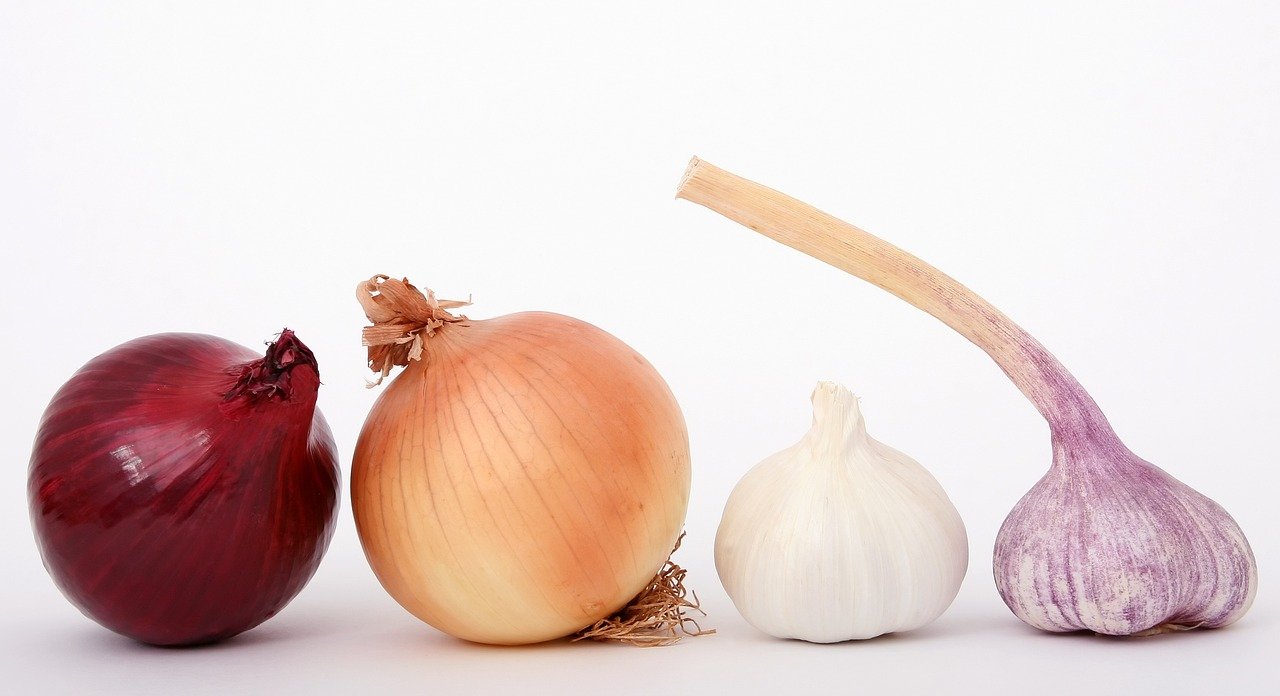
Onions and garlic are common ingredients in many kitchens, but they’re incredibly harmful to dogs. Both contain compounds that can damage red blood cells, leading to anemia. Symptoms might not appear right away—they can develop over several days. Even small amounts, whether raw, cooked, or powdered, are unsafe. Onion and garlic poisoning can cause weakness, vomiting, and difficulty breathing. It’s easy to overlook these ingredients in leftovers, so always check what’s in your food before offering it to your dog. Better safe than sorry!
Avocado: Not All Healthy Fats Are Safe

Avocado is the darling of the health food world, but not for dogs. It contains persin, a substance that can cause vomiting and diarrhea in dogs. The pit also poses a serious choking hazard and can block the digestive tract if swallowed. While a tiny amount of avocado flesh might not hurt every dog, it’s simply not worth the risk. I used to think guacamole was a harmless treat, but after learning the risks, I keep it far from my pup’s reach. When in doubt, stick to safer fruits and veggies.
Macadamia Nuts: Tiny Nuts, Major Problems
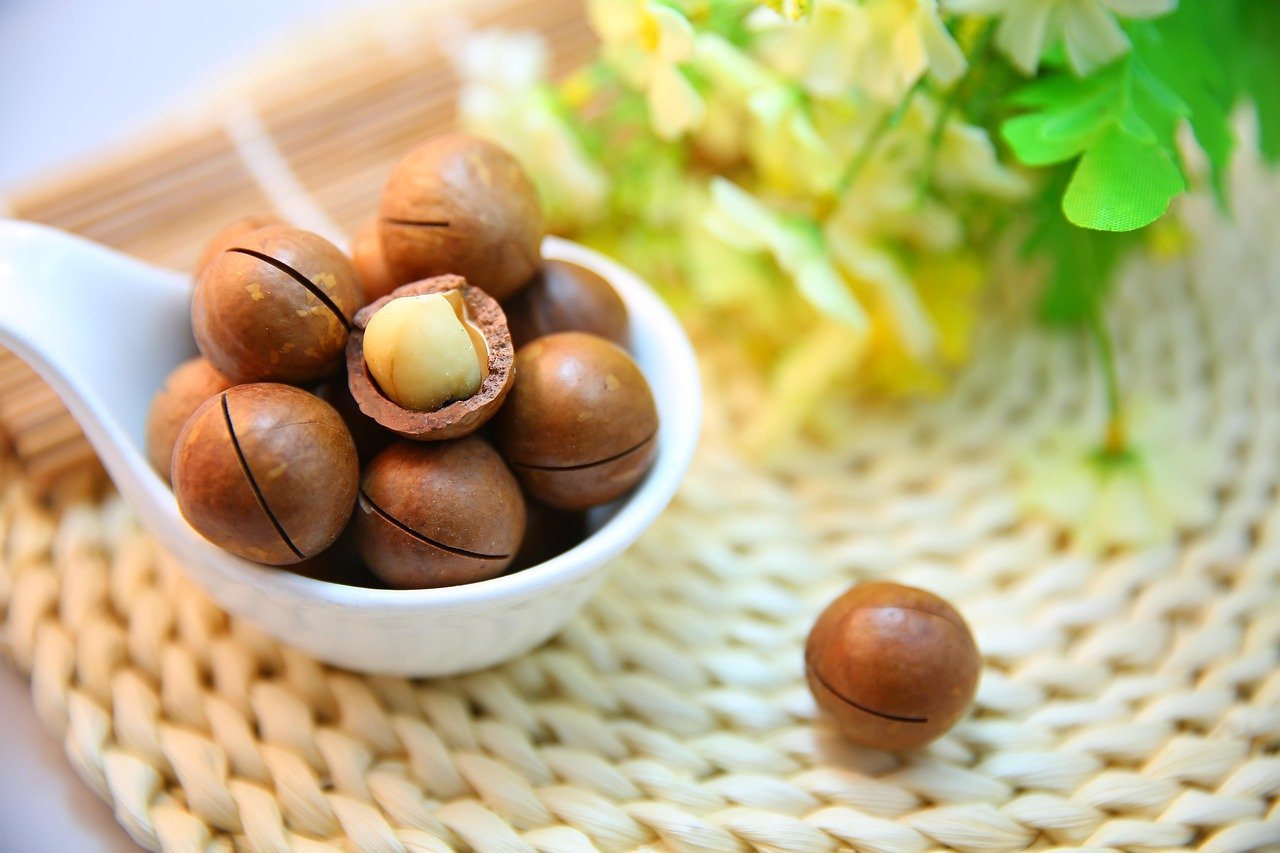
Macadamia nuts are a hidden menace in many homes. Just a few of these nuts can cause weakness, vomiting, tremors, and even paralysis in dogs. The exact reason they’re toxic isn’t fully understood, but the danger is well documented. Never share cookies, cakes, or snacks that might contain macadamia nuts with your pet. These nuts often sneak into mixed nut bowls or baked goods, so always be vigilant. It’s shocking how something so small can have such a dramatic effect.
Feeding your dog from the kitchen doesn’t have to be risky—as long as you know what’s safe. With a little knowledge, you can treat your pup to healthy, tail-wagging snacks while steering clear of foods that could do real harm. It’s all about balance and being mindful of their unique needs. After all, a happy, healthy dog starts with the right bites!

